Are you unintentionally causing your pet stress? It’s easy to overlook the impact our habits and environment have on our animals. Here’s how you might be contributing to their anxiety without realising it.
1. Excessive Grooming
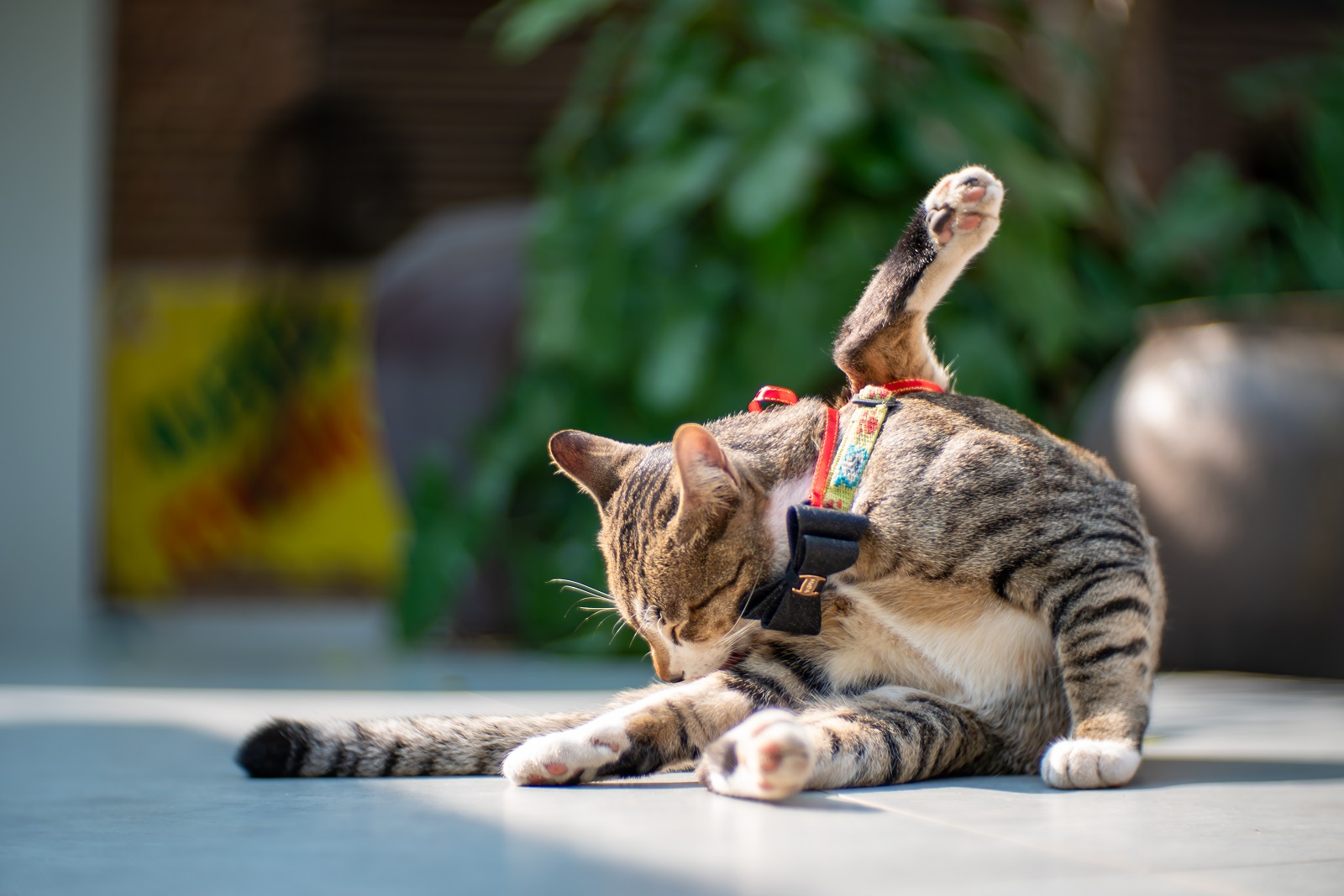
If your cat is licking itself bald or your dog is chewing its paws excessively, this could be a response to the stress you’re causing. Consider your own anxiety and how it might be affecting them.
2. Changes in Appetite
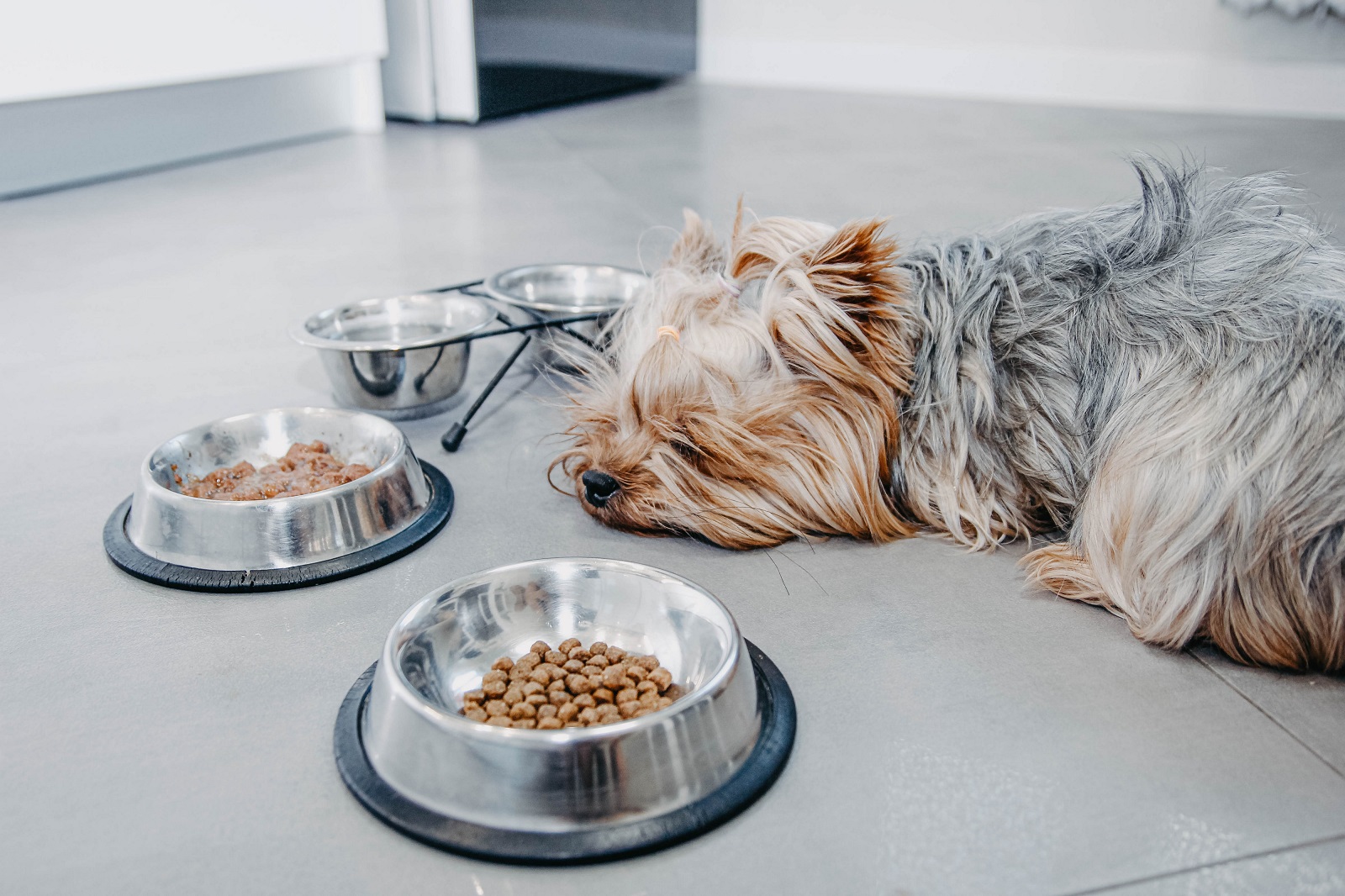
When your pet stops eating or begins overeating, it’s a clear indicator of stress. Your unpredictable feeding times or irregular routines might be unsettling them.
3. Avoidance Behaviour
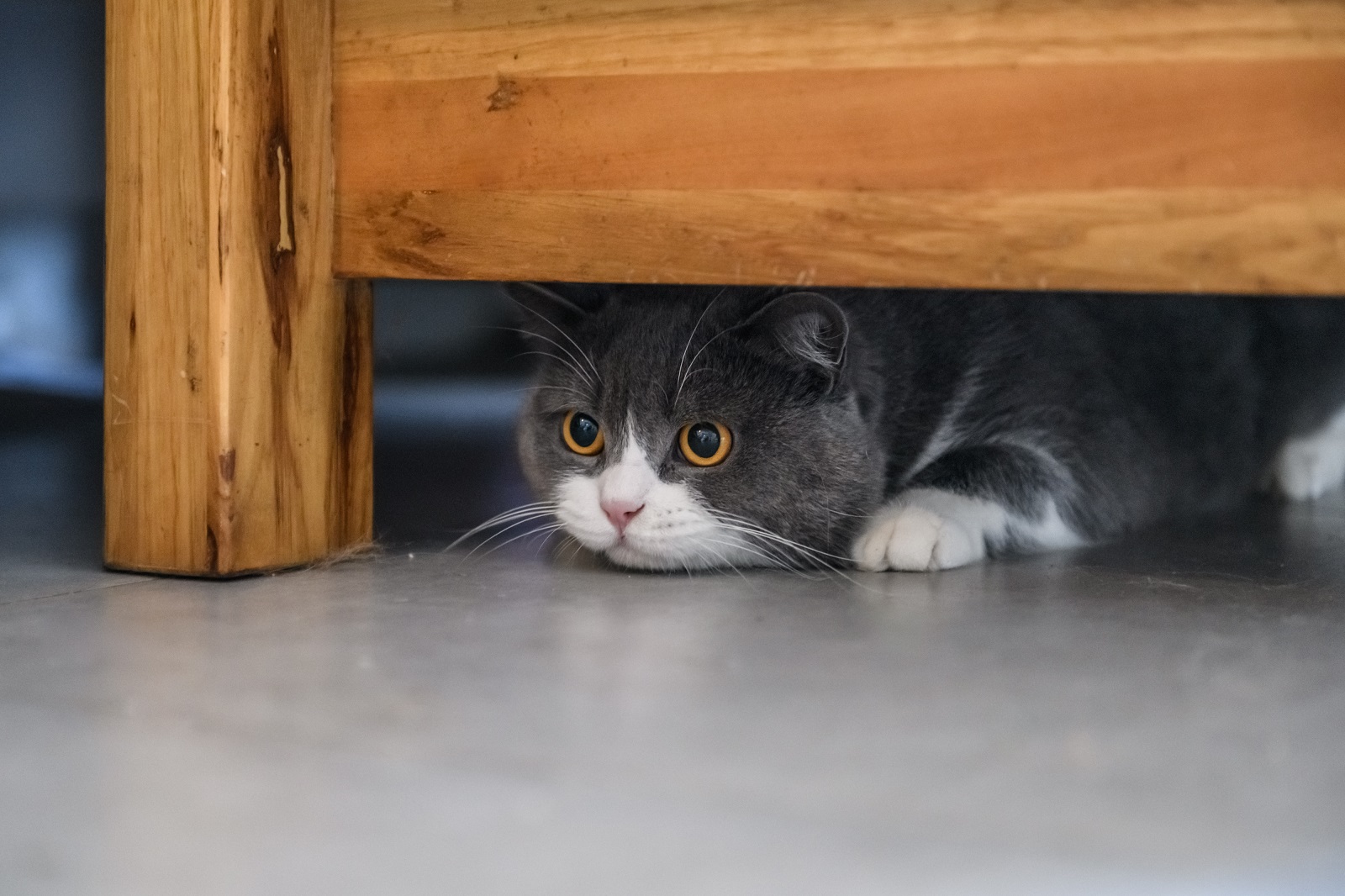
If your pet hides or shies away from contact, this can be a sign they’re feeling threatened. Loud noises or sudden movements in your home could be the cause.
4. Uncharacteristic Aggression
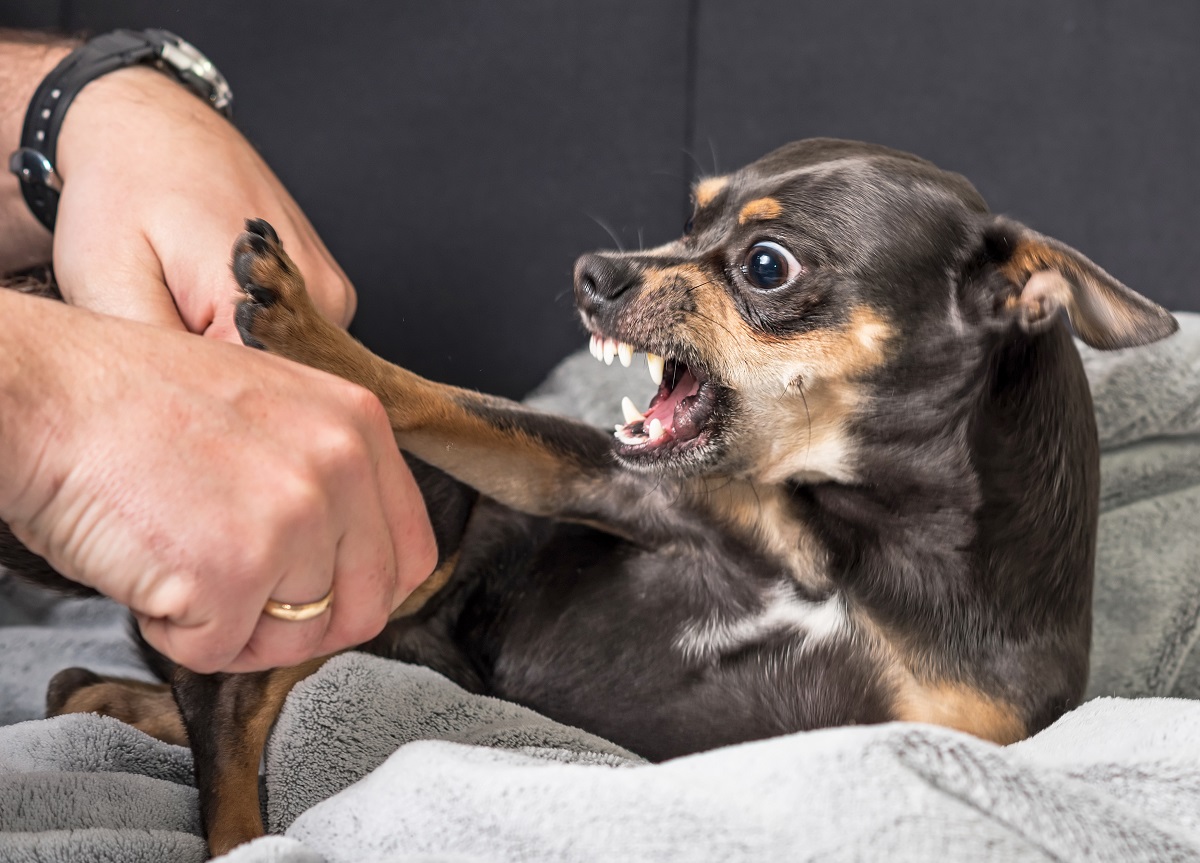
A once-gentle pet becoming aggressive? Your inconsistent discipline or stressful interactions could be confusing and frightening them.
5. Toilet Troubles
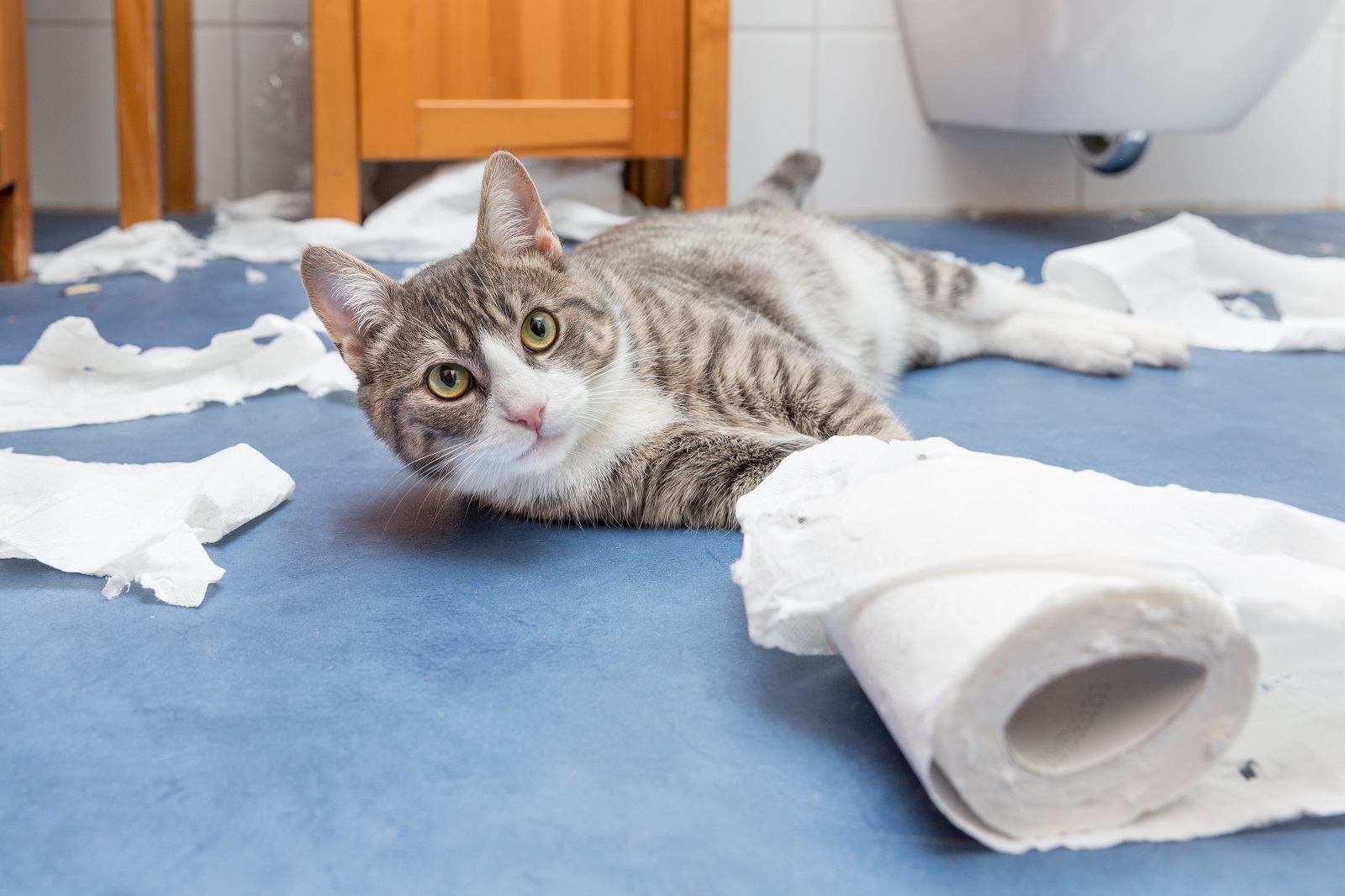
Frequent accidents inside may reflect more on your inconsistency with walks or clean litter environments than on their training.
6. Excessive Vocalisation
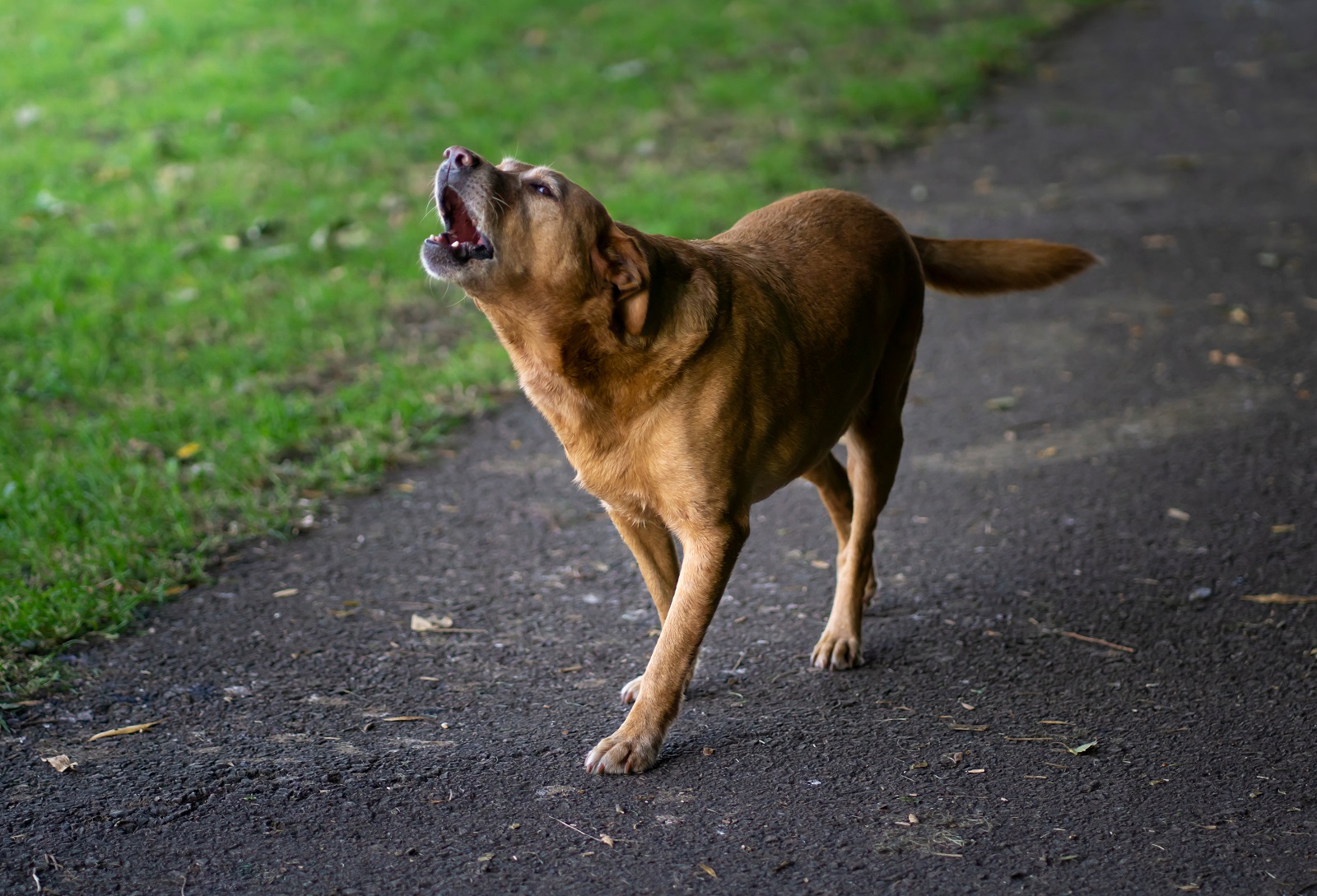
Your cat’s nonstop meowing or your dog’s continuous barking could be their way of expressing anxiety. Consider how your absences or lack of interactive play might be affecting them.
7. Pacing and Restlessness
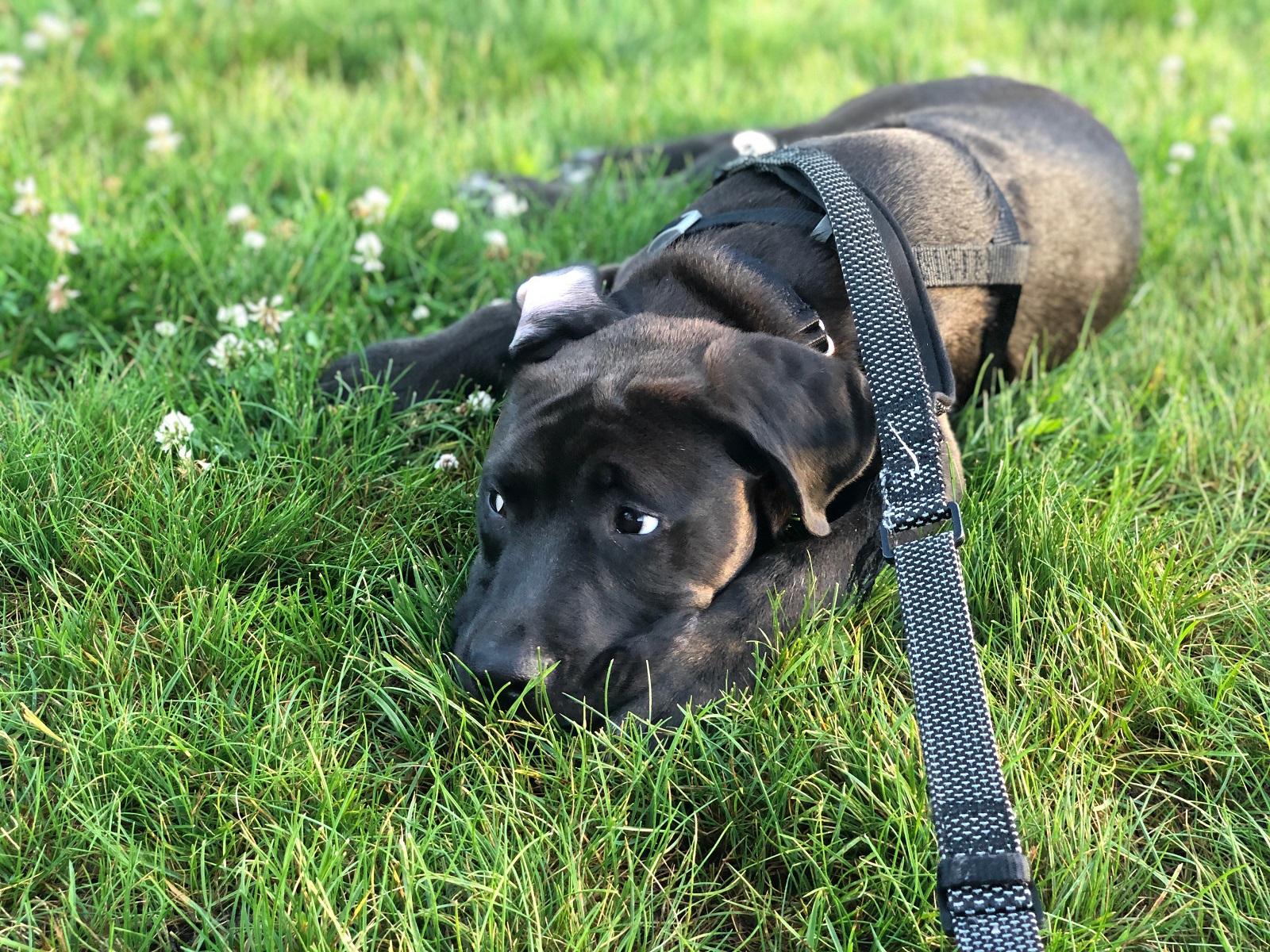
A pet that can’t settle down is likely responding to the stress in their environment. Your unpredictable behaviour or a chaotic home setting might be the root cause.
8. Destructive Behaviour
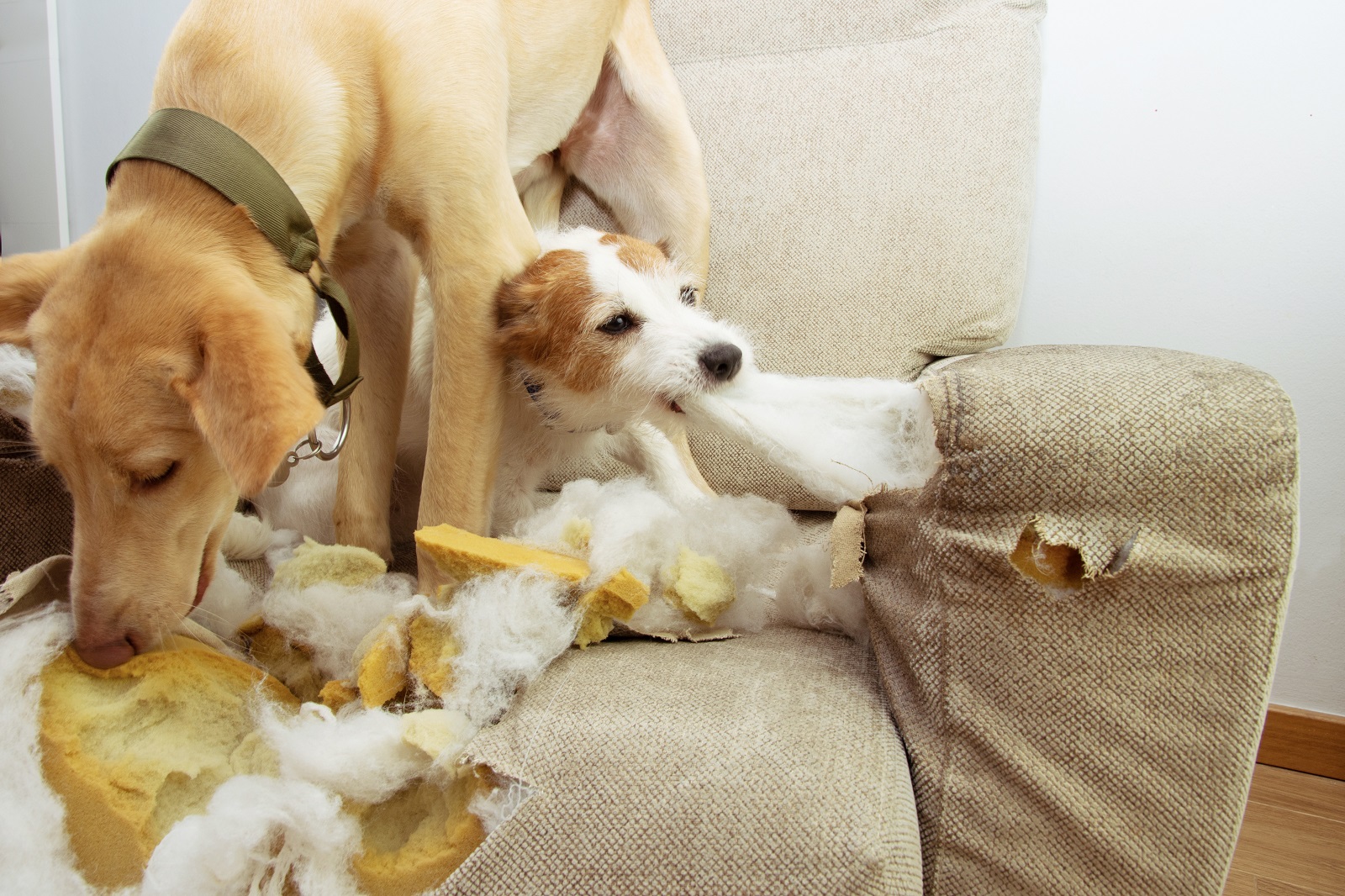
When pets destroy furniture, it’s often a reaction to feeling neglected or bored. Reflect on your engagement levels and the quality of time you spend with them.
9. Changes in Sleep Patterns
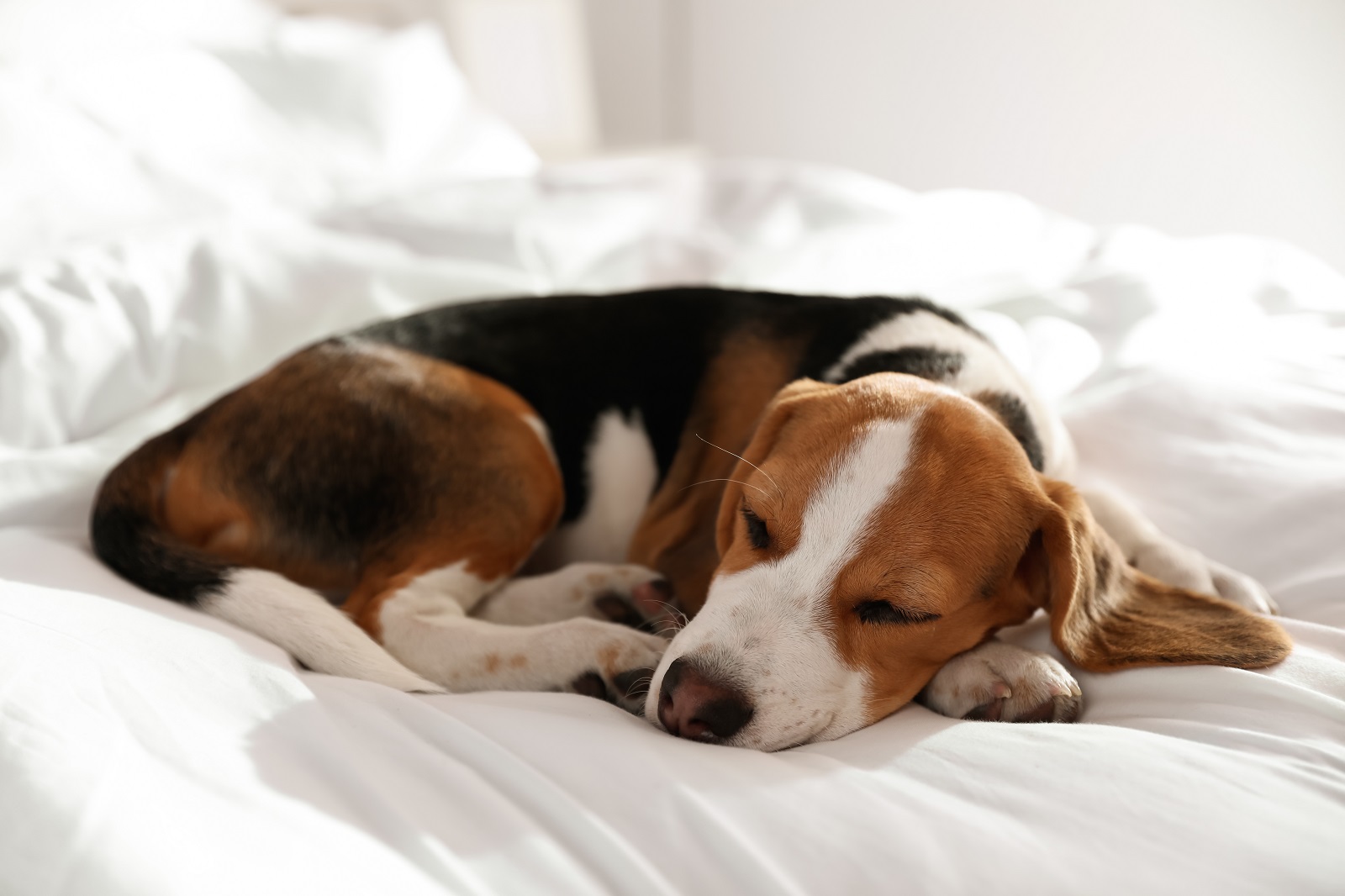
Too much sleep or an inability to rest indicates stress, possibly due to a noisy or inconsistent household disrupting their natural rhythms.
10. Physical Signs

11. Withdrawal from Social Interaction
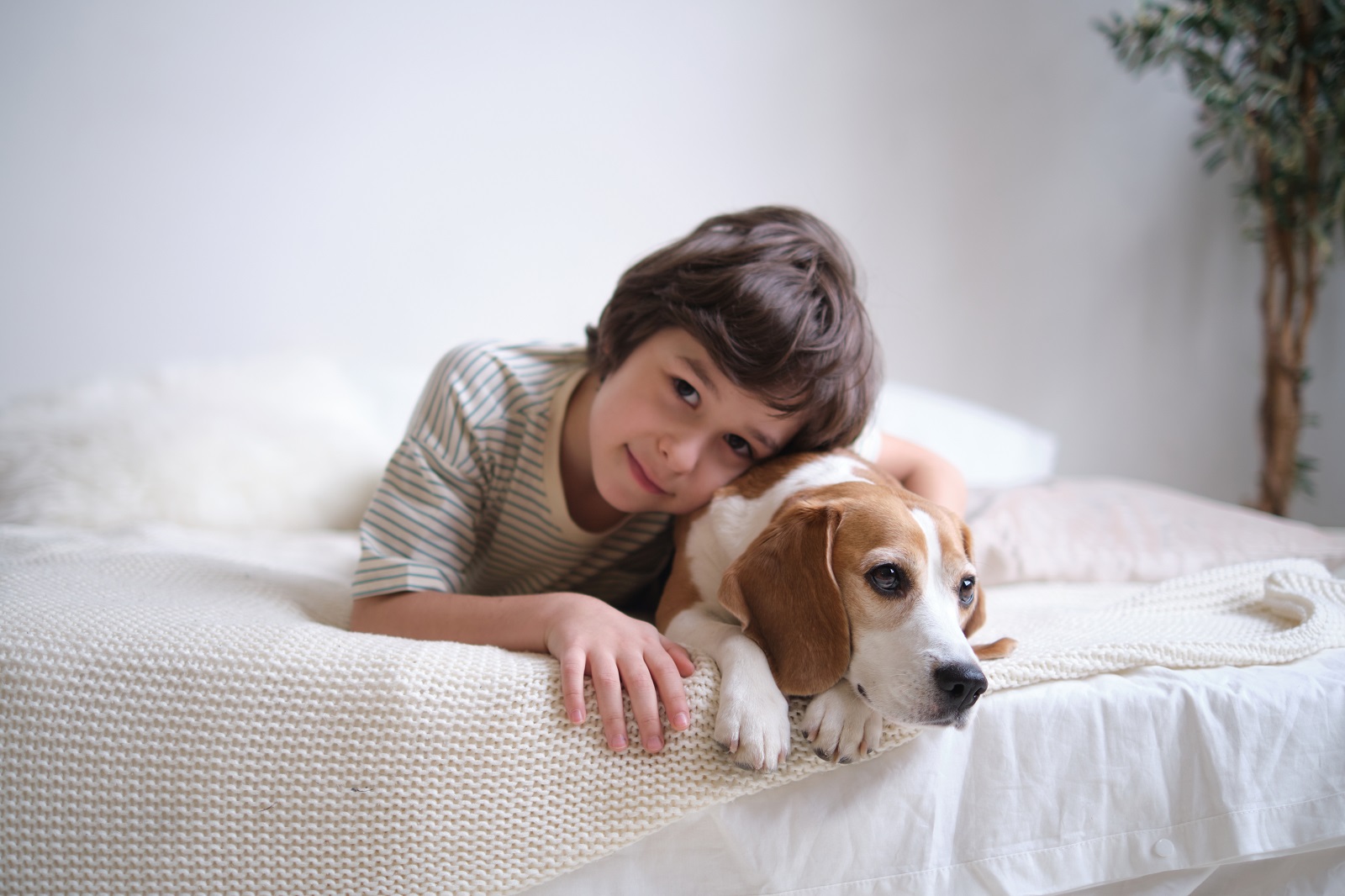
If your pet avoids playtime or social moments, it may be because they find your lack of attention or overwhelming presence too much to handle.
12. Excessive Licking or Chewing
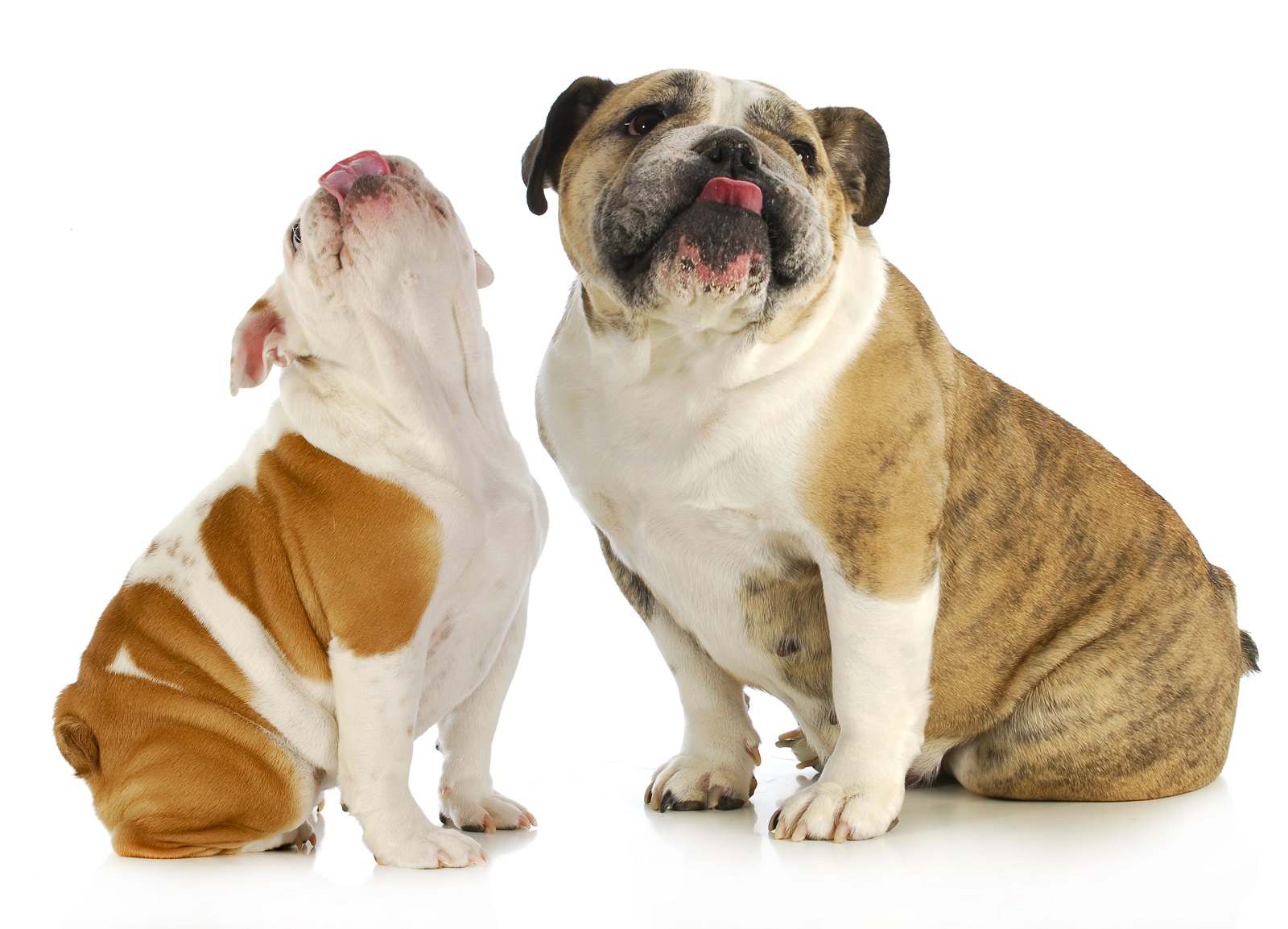
Pets that lick their lips frequently or chew non-food items are often trying to manage the stress you’re creating with your restless energy.
Reflect and Adjust

It’s vital to recognise how our actions affect our pets’ well-being. By identifying these stress signals, you have the opportunity to create a more stable and comforting environment for your pet. Remember, a calm pet means a harmonious home.
The post Back Off Hooman! 12 Signs Your Pet Is Stressed Because of YOU first appeared on PawShore.
Featured Image Credit: Shutterstock / DimaBerlin.
For transparency, this content was partly developed with AI assistance and carefully curated by an experienced editor to be informative and ensure accuracy.

